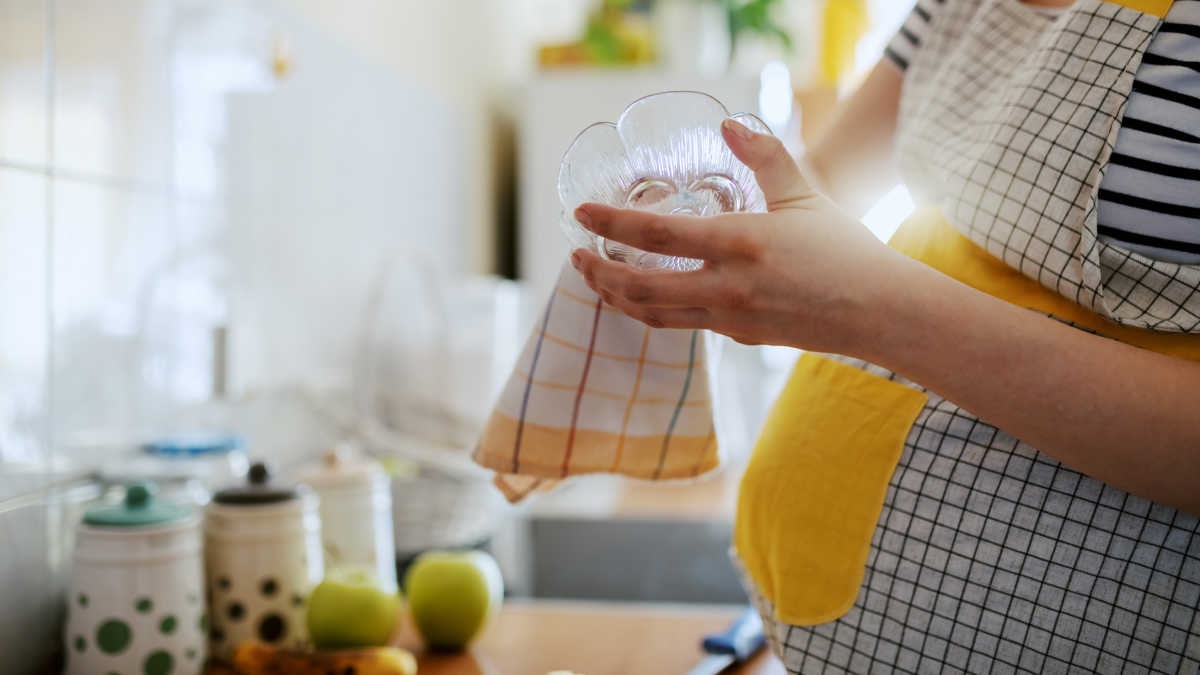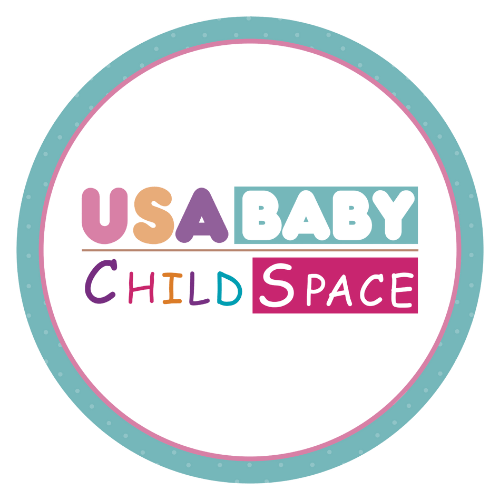
Can I Use Cleaning Chemicals While Pregnant?
There’s a lot of information available to pregnant women about what you can and can’t put in your body when you’re expecting. But what about the stuff you put in your home, like laundry detergents and cleaning supplies?
Are cleaning chemicals safe to use while pregnant?
Good news (unless you hate to clean): According to the March of Dimes, “household cleaning products, like soaps, and kitchen and bathroom cleaners, usually are safe to use during pregnancy” — as long as you use them correctly.
There have been a few studies linking certain chemicals to low birth weight and asthma in early childhood, but more research is needed to prove a correlation. In the meantime, experts say the risk is likely low if you’re using the cleaning solutions properly and sporadically.
“While we don’t know enough about these products, most are probably safe when used as directed in limited amounts and only when necessary,” Tom Natan, research director for the National Environmental Trust, told Parents magazine.
That said, it’s certainly not a bad idea to lessen your exposure to chemicals when and where you can. “You don’t always know where the dangers are and you’re potentially exposed more often than you think throughout the day,” Natan explained.
Try these tips to protect yourself and your unborn baby around the house.
Cleaning safety tips while pregnant
Check labels
Generally speaking, it’s good to know what’s in the products you’re using around your home, so get in the habit of reading ingredient lists and labels on the things you buy. Some may include warnings or directions specifically for pregnant women, but even those that don’t can provide valuable information. You can also look up brands and products on the Environmental Working Group website, which includes a “Guide to Healthy Cleaning.”
Avoid pesticides and phthalates as much as possible
According to research published by Contemporary Ob/Gyn in 2018, pesticides and phthalates are among the groups of chemicals that have been linked to adverse health outcomes following “preconception or prenatal exposure.” Phthalates are used in many plastics and personal care products, sometimes as a fragrance to mask other scents.
That’s why, according to the Washington Post, Dr. Nathaniel DeNicola recommends going fragrance-free whenever you can. You probably won’t be able to completely eliminate phthalates from your life, but you can take steps to reduce your exposure.
“We know the heavy metals and phthalates are toxic at some level,” Dr. DeNicola, an assistant professor of obstetrics and gynecology at the George Washington University School of Medicine & Health Sciences, told the Post. “Since we don’t know the safe amount, we try to just avoid it as much as possible.”
Swap in natural products
One way to limit your exposure to phthalates and other chemicals: Look for certified “green” products. Many will include a list of chemicals they don’t use, as well as a list of active and inactive ingredients. You can also try making your own cleaning solutions with things like vinegar and baking soda.
Do your research, though. Even “natural” products can be toxic if mixed with certain chemicals. The combination of bleach and ammonia or vinegar, for example, results in dangerous vapors that can cause chemical burns and respiratory damage.
Clean in well-ventilated areas
This is good advice for everyone, not just pregnant women. The fumes from certain products can be strong, so be sure to open a window in whatever room you’re cleaning and/or take frequent breaks to get some fresh air. Keep in mind, too, that many moms-to-be develop a heightened sense of smell during pregnancy, so you may be especially sensitive to odors, even from products that never bothered you before.
Don’t hesitate to ask for help — or advice
Let others pitch in
If you do find yourself getting nauseated or lightheaded when using certain products, consider asking friends or family members to lend a hand. “I switched out products for nontoxic alternatives but realized it was easier to leave the house and have someone else do the deep cleaning,” one woman told Mom.com. “Even the smell of the nontoxic stuff can be a lot while pregnant.”
Another note: Certain chores, such as changing the cat litter or getting rid of mold, are always best left to other people when you’re pregnant.
Talk with your doctor
When in doubt, consult your personal physician. They should be able to address any questions or concerns you may have about chemical exposure during your pregnancy.

